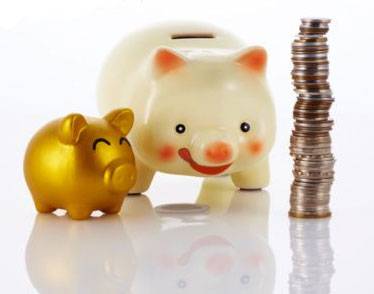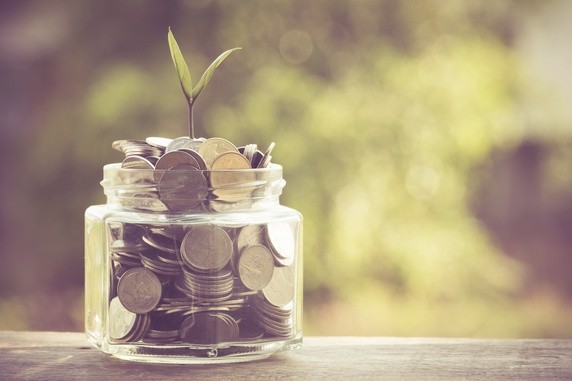
Most of us are not born millionaires, and savings whenever we can is often the only way to secure our futures. Most people prefer not to keep their savings idle, and invest them elsewhere.
There are a plethora of investment avenues, and Fixed Deposits are one of the most popular choices. Investing in a Fixed Deposit scheme is one of the safest options you have when it comes to investing your hard-earned money.

Here’s everything you needed to know about it:
What is a Fixed Deposit?
Fixed Deposit, as you probably have understood is a saving scheme, where you need to deposit a principal amount for a pre-fixed tenure and you earn interest on that. The Fixed Deposit matures after the tenure and you get the principal amount along with the interest that you earned.
Frequency of Interest Calculation
In the case of short term Fixed Deposits, interest is paid at the end of the tenure, at the time of maturity. Interest is paid annually for long-term Fixed Deposits. Other options are also available like:
- Semi-annual payment is when interest is calculated half-yearly i.e. every six month
- Quarterly payment is when interest is paid every four months
- Monthly payment is when interest is paid at the end every month
- Fortnightly interest is paid at the end two weeks
- Weekly interest is paid every week
How is Interest Calculated?
The interest rate of FDs differ from one financial institution to another and usually have higher interest rates with minimal risk. This is the reason for FDs being popular among Indians. Fixed Deposit rates stay fixed for the entire tenure.
Interest rates are higher for long-term FDs and lower for FDs that have short maturity period. In most banks and NBFCs, the FD interest rate is compounded quarterly.
Benefits and Limitations
FDs have a very low liquidity. Try and not break your FD before its maturity as you lose out on the interest. You, however, can take a loan at a very low interest rate.
FDs are safe and stable and you can easily predict the returns you’ll earn from them. So, Fixed Deposit is the best option for conservative and safe investors who shy away from taking risks.
Taxes and inflation are two things that you need to consider while investing in FDs. You need to pay taxes on the interest you earn on your FDs every financial year.
Also, Fixed Deposits have a fixed interest rate. While this is positive thing for a risk-averse person, a risk-loving will look for investment ideas for rising interest rates.
Fixed Deposit is not a suitable monetary instrument, if you’re looking for long-term wealth creation, if you consider the inflation, as the actual returns are low when you do so.
Auto Renewal
Many people opt for auto renewal facility when investing in Fixed Deposits. The bank or NBFC will automatically reinvest the amount you get after maturity into a new FD scheme. The tenure will remain the same but the new interest rate will the current one being offered by your bank or NBFC. Best investments for rising interest rates are undoubtedly Fixed Deposits, but only when you reinvest the amount.
It is always advisable to have a diversified portfolio when it comes to investment. While Fixed Deposit is a great tool for investing your hard earned money, you must check all the other available options as well.














